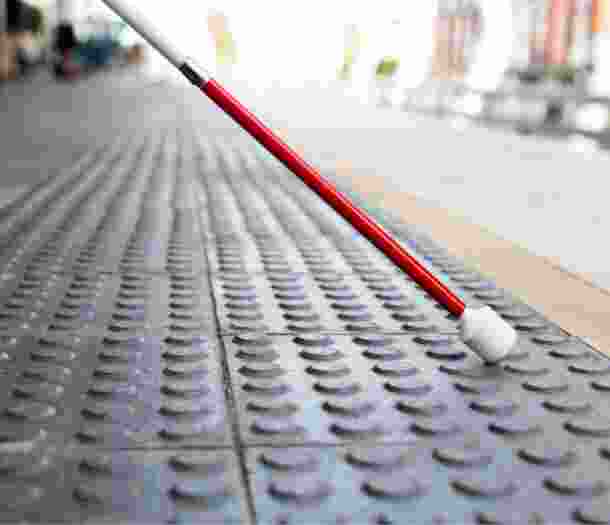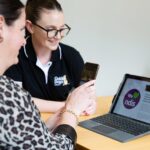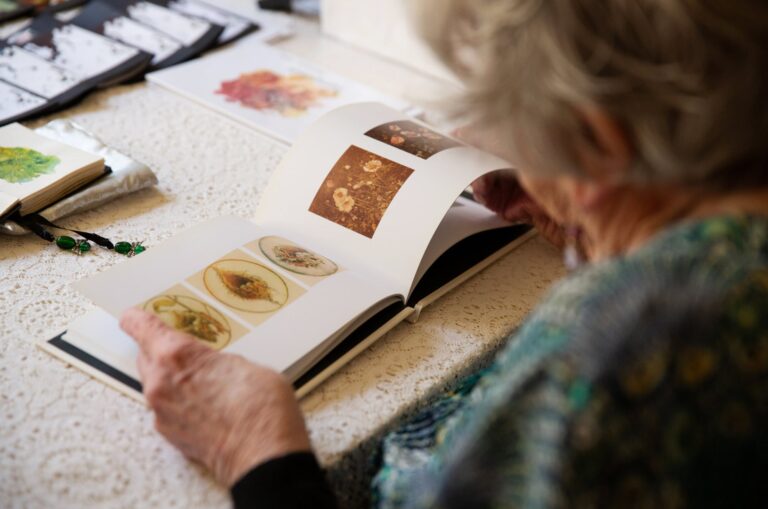What is Occupational Therapy?
Learn, regain, or maintain the skills you need for independence in your daily routine.
Are you hoping to safely make dinner at home, or cook for friends or family? Can you confidently choose your clothes before heading out for the day? Perhaps you’d like to take up gardening and remove the weeds from your lawn? If low vision or blindness is holding you back from everyday life, Occupational Therapy supports you to learn the skills you need.
‘Everyday life’ can mean something different for every person with low vision or blindness. If you have a specific skill you’d like to learn as part of your routine, we can create a program so that you can master it.
What kind of skills can I learn?
Occupational Therapy can support you to perform many different practical tasks.
Throughout your training with an Occupational Therapist, you can learn new ways to approach:
- Personal care skills: like showering and grooming, choosing an outfit and getting dressed, doing your hair and makeup, or managing different medications that you take.
- Domestic skills around the house: like cooking, cleaning, making a cup of tea or coffee, doing the laundry, or keeping the garden looking green and fresh.
- Skills you’ll need while out in the community: like withdrawing money from an ATM, signing documents, identifying and managing money in shops, or doing your grocery shopping.
- Communicating with others: by using the phone, handwriting, presenting yourself confidently in different situations, or learning to use a range of assistive technologies in your day-to-day routine.
- Setting up your home: by supporting you to find the best type of lights to use to maximise your vision, and developing strategies to move around your house or apartment.
Occupational Therapists can also support your friends and family to develop new skills—like guiding or communication techniques—to ensure you enjoy full support from everyone that’s important to you.
Meet the potential members of your support team
Access a specialised team to support your goals.
While everyone’s experience of occupational therapy is unique to your goals and personal situation, here are some of the specialist team members and support staff you might meet along the way.
-
1. Opthalmologists and Optometrists
These eye care professionals will commonly diagnose and provide treatment for different conditions relating to low vision and blindness. They can also refer people to occupational therapists to support people in making the most of their functional vision. -
2. Orientation and Mobility (O&M) specialists
These specialists provide training for people with low vision or blindness to move through the world safely and independently. -
3. Vision Rehabilitation Therapists
These therapists provide training in adaptive techniques, assistive technology, and activities associated with independent daily living. They will commonly collaborate with occupational therapists to support you with achieving goals, managing your home, and being active in the community. -
4. Assistive Technology Specialists.
Occupational Therapy can involve the integration of assistive technologies and specialist devices, which these specialists can support you to choose, learn, and use within your daily routine.
Request support
Take the first step towards greater independence.
Ready to continue?
Seems like you have filled this form earlier. Let’s pick up where you left off.





